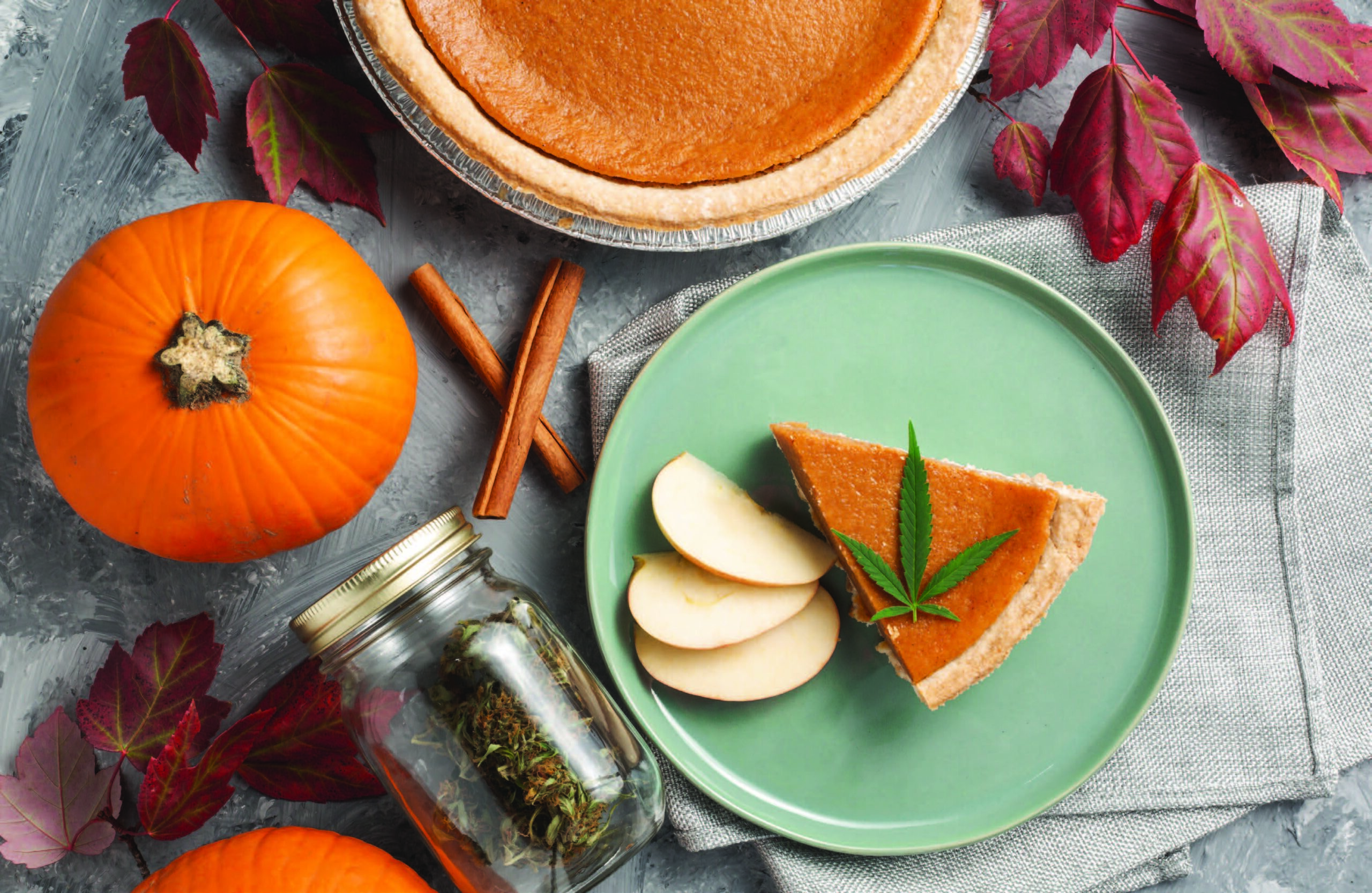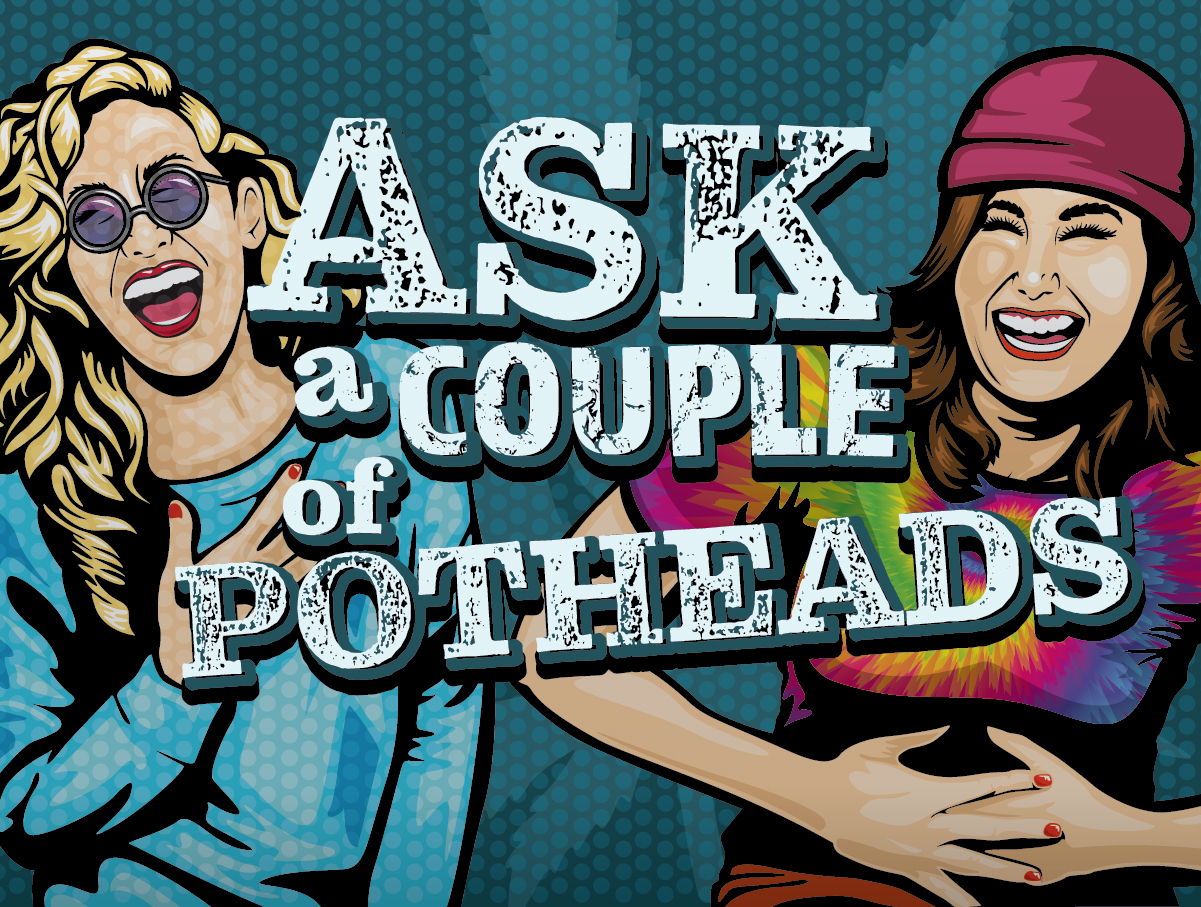Carbs will kill you. Kombucha will cure everything. Red wine will lengthen your life. Chocolate causes acne. Are these statements true or false? How should we know!? Every other day, friends or the interwebs high-fives us another food “fact.”
Food myths begin in many ways. Sometimes bloggers get stoked about a product and Pinterest the heck out of it because they were paid to write about it. Other times, scientists are sponsored by the very food companies that they’re researching. Of course they will heighten the positive and omit the negative of the product of their employer. More often than not, food myths get started because your friend told you something that their friend told them that supposedly they heard from a doctor or a great aunt or in a copy of Cosmo. Telephone tag facts never hold up, but they do hold your attention.
What remains true is that when a “superfood” seems too good to be true, it probably is. When a diet trend seems to cure everything from fat feet to cancer, it probably doesn’t.
It can be hard to tell a hyped-up food myth from dietary fact. DGO spoke to Stephanie Gall, registered dietitian and manager of nutrition and environmental services at Mercy Regional Medical Center, to bust food myths and sling snack truths.
Are carbs evil and to be avoided at all costs? I think a lot of people believe that carbs are really bad for you. They’re not. You’re brain and your red blood cells must function on carbohydrates. People think they are doing really good for their body by doing low-carb, no-carb, high-fat, high-protein diets, but in the end it causes a really bad brain fog. It takes months for that to happen, but it happens.
Is everything that says organic healthy?[Laughs.] I don’t think it always means “healthy” because the United States has really loose laws on what they consider organic, when you compare it to Europe’s standards. Companies can easily get around guidelines by using a certain type of chemical or maybe not as much of a certain chemical. There is wiggle room.
Energy drinks are badass because they have ginseng and other healthy stuff in ’em, yeah?I am irritated with energy drinks. [Laughs.] People love energy drinks. It is way worse than soda, in my mind. You have these energy drinks that have loads of caffeine, loads of sugar, and these ingredients that no research has been done on, like taurine.
People are doing more than one of those a day. A study came out about it causing heart attacks in younger people, like 30-year-olds. They would get heart attacks from drinking four or five energy drinks a day.
Are calories at night more fattening? Like, should I not eat that tempeh sloppy joe 15 minutes before bed?This is kind of half-true. When you eat calories at night and then go right to bed, you aren’t burning any energy. If you eat something and just walk around or go about your evening activities, you’re still burning something. At night, it is more likely that all those calories are going to go to fat storage because you aren’t doing anything besides lying there and breathing. If you eat earlier in the day, you’re fueling your daily activities. So, half-true.
Is butter the devil and people should eat margarine? In my opinion, as a nutrition professional, butter is better for you because it’s more natural and not as processed. All margarines are made through solidification. The ingredients that make margarine are oils at room temperature so they have to add something to make it solid. That something is usually hydrogen, which is really bad, way worse than the saturated fat that you would get with the butter.
Does fat-free mean healthy? I think that’s also false. When you take out something, you have to put in something. When you take out the fat, you have to put in something to mask the taste of it not having fat. Usually, that’s salt, sugar, and trans fats.
Are frozen foods garbage nutrition compared to fresh foods?Frozen foods are actually quite healthy. Especially if you are a single person and don’t have the ability to store or cook through whatever you buy in a day and you want to store it frozen. I think those are just as healthy. Canned is probably the worst.
There’s no way juice isn’t healthy, right?Juice is not always healthy. People over-consume calories and there’s no fiber in it. If you’re sick or have little kids who need vitamin C, sure, but any time you can eat the fruit rather than drink the fruit, it is going to be better for you.
Every salad is bomb-ass healthtastic …[Laughs.] No! A salad can be way more calories than a hamburger, depending on what’s on it. If you’re eating a nice, leafy green salad with a lot of veggies and a squeeze of lemon juice – totally healthy! But you could also be eating Cobb salad, which has barely any lettuce and a bunch of meat, eggs, cheese, all that stuff that makes it more calorie-dense than a burger.
Is coffee bad and massively dehydrating?No, I don’t think so. Caffeine certainly stimulates your bladder to go more, so you end up peeing more. But that doesn’t mean you’re dehydrated as long as you are keeping an intake of fluids going.
Should you feed a cold and starve a fever? No. When your body temperature goes up, you’re burning more calories, so to not eat is to put your body in a malnourished state. You’re not giving it what it needs. It needs vitamin C and zinc to recover from a cold. You should totally eat.
Can protein shakes be a substitute for a meal, all the time?I think it depends on what you’re putting in your protein shake. If it’s a nice blend of fruits and veggies then that’s OK, but if it’s an Ensure shake over the counter that has a lot of sugar in it, probably not.
The internet says none of us are getting enough protein.People believe they need a lot more protein than they do … We really eat a lot of protein as Americans, almost double the amount we should. It’s a fallacy that we’re not getting enough.
What about vegetarians and vegans, definitely not enough protein, right?I think that vegetarians and vegans actually achieve the adequate amount. There’s protein in all sorts of foods. Even if you eat rice, there’s protein in there. I think there’s this bodybuilder mentality. This paleo diet idea: “I have to have all and only protein for me to build muscle,” which is not true.
So all-protein, all the time isn’t good? Too much protein is definitely really dangerous, especially if you have a history of kidney disease in your family or if you’re not maintaining adequate hydration. It’s really hard on your kidneys to process all that protein and you need a lot of water.
The excessive dehydration, especially at this altitude, can certainly cause what we call acute kidney injury. It’s reversible, but a lot of people who over-protein, under-hydrate end up with acute kidney failure.
Smoothies are sacred AF, and always healthy, yeah?[Laughs.] No! Smoothies, just like salads, can be way more calories than you think you’re getting. Just because there is a healthy perception that it is good for you doesn’t mean it is. You want to look out for the size of your smoothie, first. An 8- to 10-ounce smoothie is not that big of a deal, but a lot of them are 24 or 32 ounces. You then want to notice the sugar. It can be as much as a soda.
What dietary directory can people look to?I really like the Harvard’s Healthy Eating Plate. Harvard took the USDA’s MyPlate and made it more universal. They have water with it and a better representation of foods. It is an unbiased dietary representation.
How can we separate food fact from fiction? There’s so much on the internet that is on both sides that you don’t know what’s real or not. Then you’ve got newspapers and TV saying this or that is good for you, but nutrition is such a young science. We don’t know much. It hasn’t been around as long as math or biology, which looks at cells. They have looked at cells for hundreds of years and nutrition has only come into its growth in the past hundred years. We are babies. That’s why there’s always so much conflicting information.
I think the best place for people to get information is accredited professionals who read the literature, (which is) not like going to a health food store and asking the person behind the counter, because those people don’t necessarily have a degree. They want to sell you something. They’re not always professional dietitians or nutritionists. You really have to get to the people who read the literature.
This interview has been edited and condensed for clarity.Patty TempletonDGO Staff Writer












